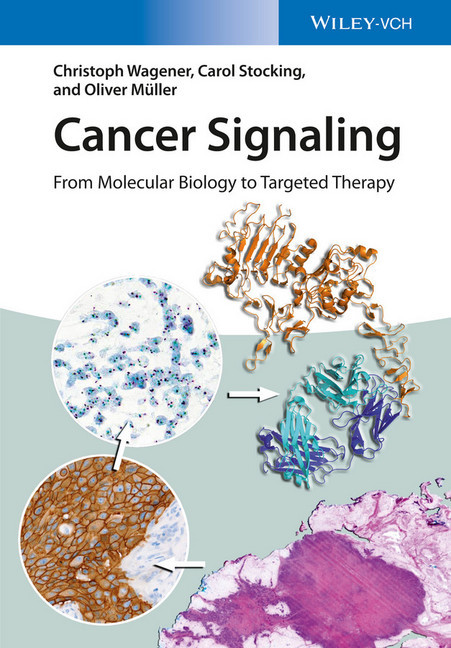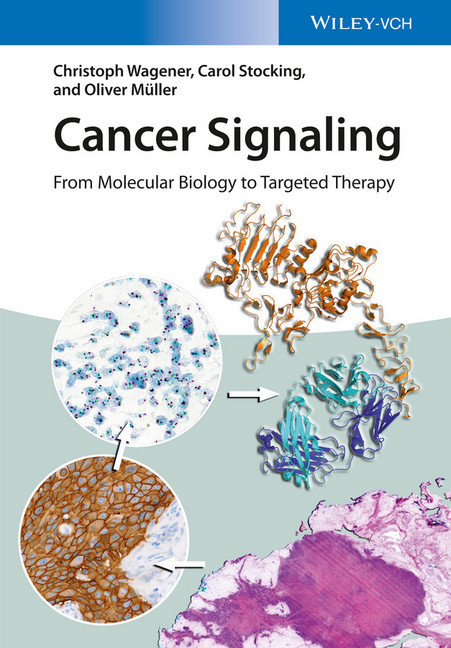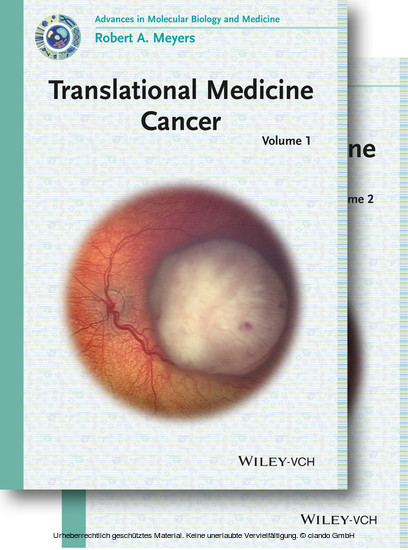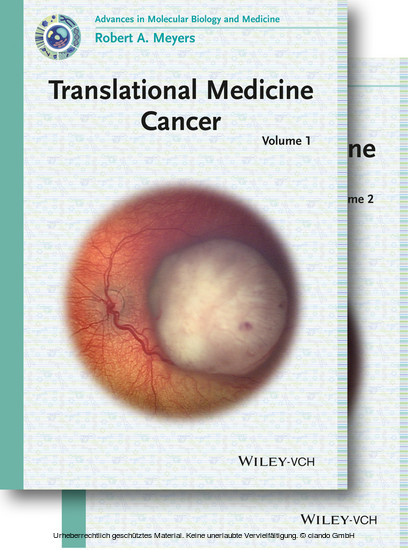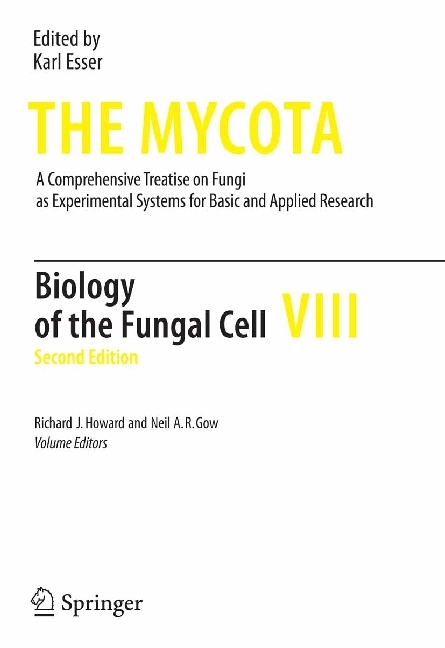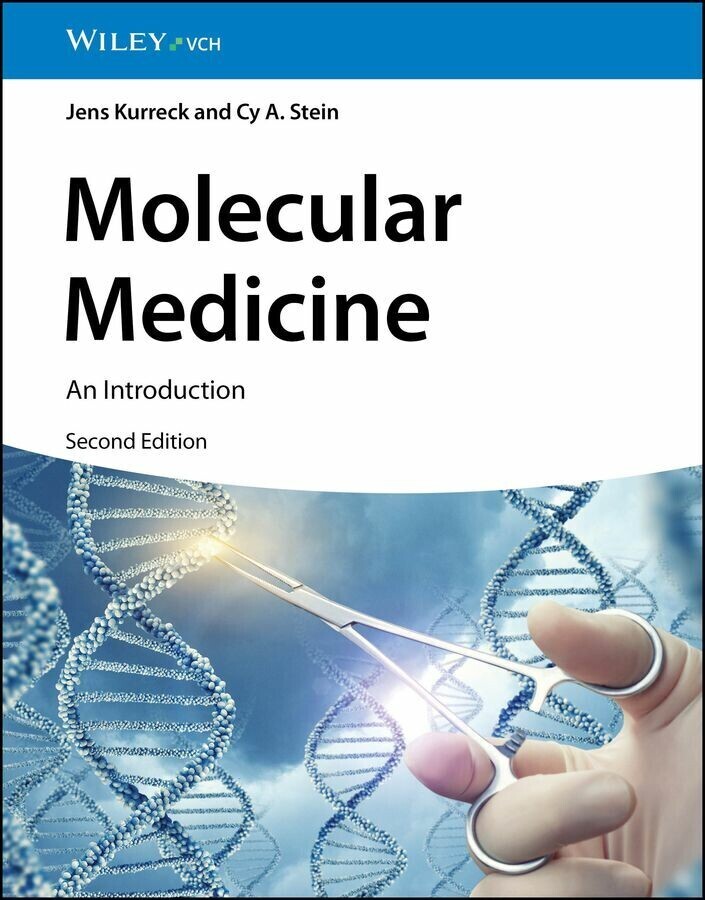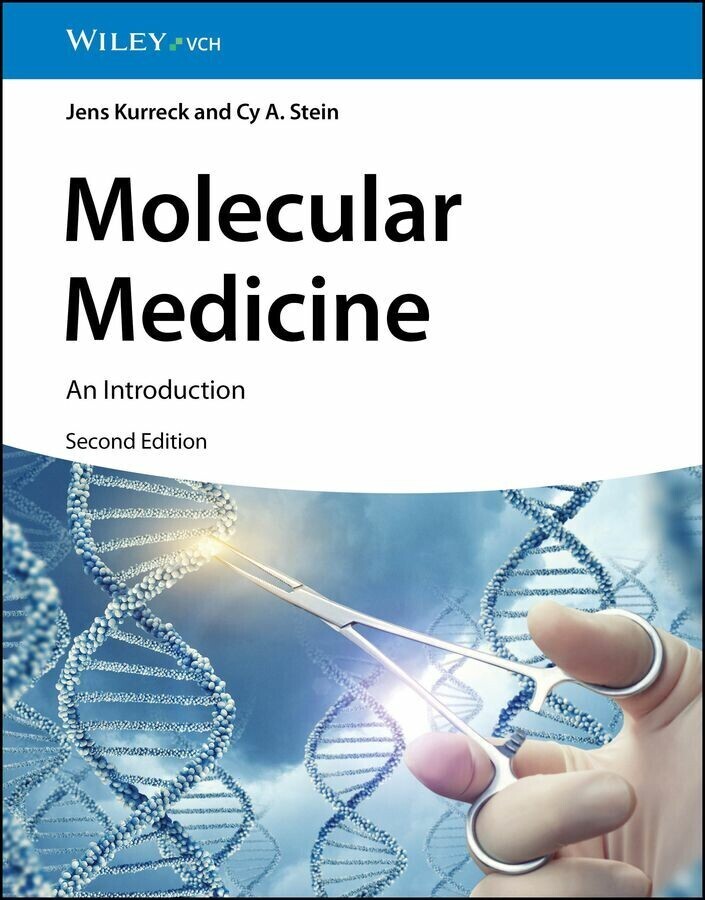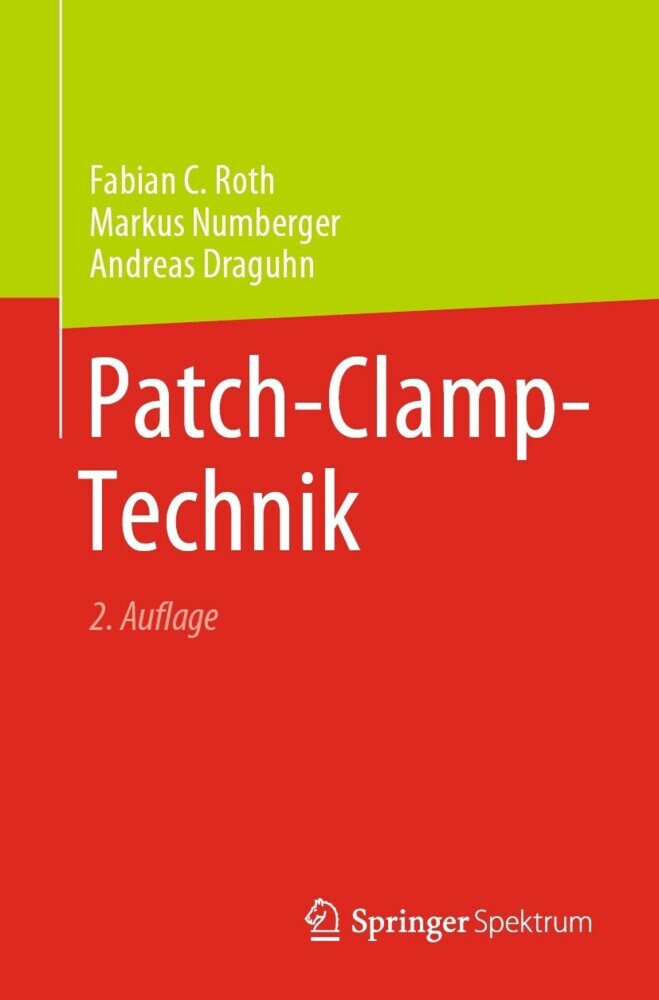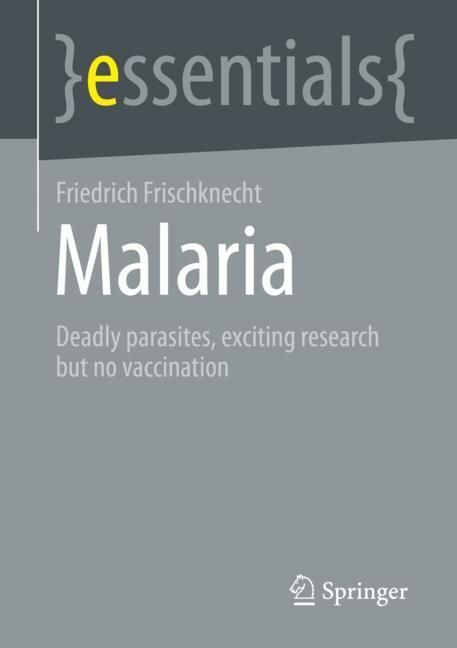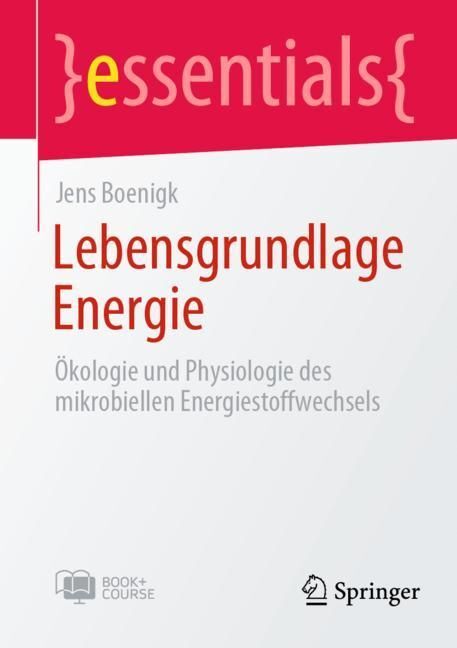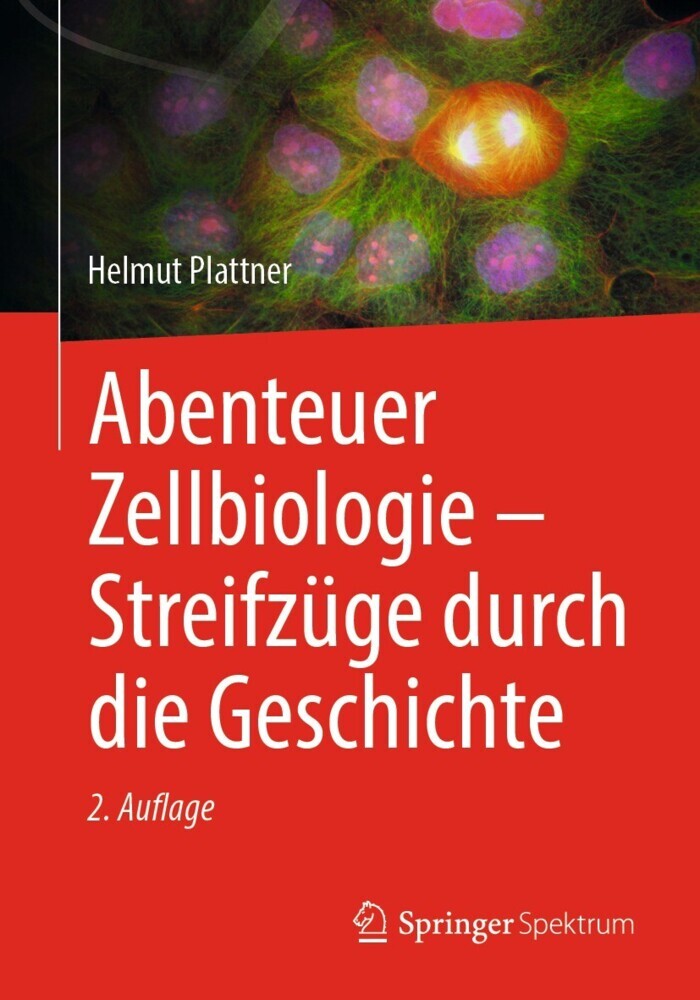Cancer Signaling, Enhanced Edition
From Molecular Biology to Targeted Therapy
Cancer, which has become the second-most prevalent health issue globally, is essentially a malfunction of cell signaling. Understanding how the intricate signaling networks of cells and tissues allow cancer to thrive - and how they can be turned into potent weapons against it - is the key to managing cancer in the clinic and improving the outcome of cancer therapies. In their ground-breaking textbook, the authors provide a compelling story of how cancer works on the molecular level, and how targeted therapies using kinase inhibitors and other modulators of signaling pathways can contain and eventually cure it.
The first part of the book gives an introduction into the cell and molecular biology of cancer, focusing on the key mechanisms of cancer formation. The second part of the book introduces the main signaling transduction mechanisms responsible for carcinogenesis and compares their function in healthy versus cancer cells. In contrast to the complexity of its topic, the text is easy to read. 32 specially prepared teaching videos on key concepts and pathways in cancer signaling are available online for users of the print edition and have been integrated into the text in the enhanced e-book edition.
Christoph Wagener is Professor of Clinical Biochemistry and former director of the Institute of Clinical Chemistry at the University Medical Center Hamburg-Eppendorf, Germany. His areas of research are the interaction of tumor cells with their microenvironment, and molecular approaches to tumor diagnosis. Professor Wagener has authored more than 100 original scientific publications, 15 scientific reviews and 13 book chapters. Together with Oliver Muller, he published the text book 'Molekulare Onkologie' and the 'Onkoview Videos', which can be viewed on YouTube. Book and videos have received excellent reviews from readers and viewers.
Carol Stocking is Head of the Research Group Retroviral Pathogenesis at the Heinrich-Pette-Institute, Leibniz Institute for Experimental Virology in Hamburg, Germany. She is a highly regarded expert in the field of leukemogenesis and hematology. Her areas of research are gene regulation, molecular control of differentiation, and hematopoietic stem cells. Dr. Stocking has authored more than 120 original publications in top international journals and 20 book chapters.
Oliver Muller is Professor for Applied Life Sciences at the University for Applied Sciences Kaiserslautern, Germany. He holds academic degrees in both biochemistry and medicine. His areas of research are the intracellular signal transduction and the genes and proteins involved in carcinogenesis. Professor Muller is author of more than 80 original articles, 11 patents, 15 scientific reviews and 4 book chapters. His work was honoured by several science awards.
The first part of the book gives an introduction into the cell and molecular biology of cancer, focusing on the key mechanisms of cancer formation. The second part of the book introduces the main signaling transduction mechanisms responsible for carcinogenesis and compares their function in healthy versus cancer cells. In contrast to the complexity of its topic, the text is easy to read. 32 specially prepared teaching videos on key concepts and pathways in cancer signaling are available online for users of the print edition and have been integrated into the text in the enhanced e-book edition.
Christoph Wagener is Professor of Clinical Biochemistry and former director of the Institute of Clinical Chemistry at the University Medical Center Hamburg-Eppendorf, Germany. His areas of research are the interaction of tumor cells with their microenvironment, and molecular approaches to tumor diagnosis. Professor Wagener has authored more than 100 original scientific publications, 15 scientific reviews and 13 book chapters. Together with Oliver Muller, he published the text book 'Molekulare Onkologie' and the 'Onkoview Videos', which can be viewed on YouTube. Book and videos have received excellent reviews from readers and viewers.
Carol Stocking is Head of the Research Group Retroviral Pathogenesis at the Heinrich-Pette-Institute, Leibniz Institute for Experimental Virology in Hamburg, Germany. She is a highly regarded expert in the field of leukemogenesis and hematology. Her areas of research are gene regulation, molecular control of differentiation, and hematopoietic stem cells. Dr. Stocking has authored more than 120 original publications in top international journals and 20 book chapters.
Oliver Muller is Professor for Applied Life Sciences at the University for Applied Sciences Kaiserslautern, Germany. He holds academic degrees in both biochemistry and medicine. His areas of research are the intracellular signal transduction and the genes and proteins involved in carcinogenesis. Professor Muller is author of more than 80 original articles, 11 patents, 15 scientific reviews and 4 book chapters. His work was honoured by several science awards.
1;Cover;1 2;Title Page;5 3;Copyright;6 4;Dedication;7 5;Contents;9 6;Preface;17 7;Acknowledgments;23 8;List of Abbreviations;25 9;About the Companion Website;31 10;Chapter 1 General Aspects of Signal Transduction and Cancer Therapy;33 10.1;1.1 General Principles of Signal Transduction;34 10.1.1;1.1.1 Biological Signals have to be Processed;34 10.1.2;1.1.2 What is a Signal Transduction Pathway?;34 10.1.3;1.1.3 Mechanisms of Direct Signal Transduction;36 10.1.4;1.1.4 The Interactome Gives Insight into the Signaling Network;37 10.1.5;1.1.5 Protein Domains for Protein-Protein Interaction and Signal Transduction;38 10.1.6;1.1.6 Functions of Mutated Proteins in Tumor Cells;40 10.2;1.2 Drugs against Cancer;42 10.2.1;1.2.1 Terms and Definitions;42 10.2.2;1.2.2 The Steps from a Normal Cell to a Tumor;42 10.2.3;1.2.3 Interference Levels of Therapeutic Drugs;43 10.2.4;1.2.4 Drugs Attacking the Whole Cell;44 10.2.4.1;1.2.4.1 DNA Alkylating Drugs;45 10.2.5;1.2.5 Process-Blocking Drugs;46 10.2.5.1;1.2.5.1 Drugs Blocking Synthesis of DNA and RNA;46 10.2.5.2;1.2.5.2 Drugs Blocking the Synthesis of DNA and RNA Precursor Molecules;47 10.2.5.3;1.2.5.3 Drugs Blocking Dynamics of Microtubules;48 10.2.6;1.2.6 Innovative Molecule-Interfering Drugs;50 10.2.7;1.2.7 Fast-Dividing Normal Cells and Slowly Dividing Tumor Cells: Side Effects and Relapse;51 10.2.8;1.2.8 Drug Resistance;51 10.2.8.1;1.2.8.1 Drugs Circumventing Resistance;51 10.3;1.3 Outlook;52 10.4;References;53 11;Chapter 2 Tumor Cell Heterogeneity and Resistance to Targeted Therapy;55 11.1;2.1 The Genetic Basis of Tumorigenesis;56 11.2;2.2 Clonal Heterogeneity;56 11.2.1;2.2.1 Clonal Origin of Tumors;56 11.2.2;2.2.2 Clonal Evolution;58 11.2.3;2.2.3 The Time Course of Clonal Evolution;62 11.2.4;2.2.4 Clonal Evolution and Resistance to Therapy;64 11.2.5;2.2.5 Targeting Essential Drivers (Driver Addiction);66 11.2.6;2.2.6 Resistance by Alternative Pathway Activation;68 11.2.7;2.2.7 Overcoming Resistance by Combinatorial Therapies;68 11.3;2.3 Tumor Stem Cells and Tumor Cell Hierarchies;69 11.4;2.4 Epigenetics and Phenotypic Plasticity;72 11.5;2.5 Microenvironment;74 11.6;2.6 Outlook;75 11.7;References;76 12;Chapter 3 Cell Cycle of Tumor Cells;79 12.1;3.1 Properties of Tumor Cells;80 12.1.1;3.1.1 Differences between Tumor Cells and Normal Cells In vitro;81 12.1.2;3.1.2 Regulation of Cell Number;81 12.2;3.2 The Cell Cycle;82 12.2.1;3.2.1 Checkpoints;83 12.2.2;3.2.2 Cyclins;84 12.2.3;3.2.3 Cyclin-Dependent Kinases (CDKs);85 12.2.4;3.2.4 The Retinoblastoma-Associated Protein Rb as Regulator of the Cell Cycle;86 12.2.5;3.2.5 Inhibitors of CDKs;86 12.2.6;3.2.6 Checkpoints and DNA Integrity;87 12.2.7;3.2.7 The Repair Mechanism Depends on the Cell Cycle Phase;89 12.2.8;3.2.8 Tumor-Relevant Proteins in the Cell Cycle;89 12.3;3.3 The Cell Cycle as Therapeutic Target;90 12.3.1;3.3.1 Small Compounds Inhibiting Cell-Cycle-Dependent Kinases as Anticancer Drugs;91 12.4;3.4 Outlook;92 12.5;References;93 13;Chapter 4 Cell Aging and Cell Death;95 13.1;4.1 A Cell's Journey through Life;96 13.2;4.2 Cellular Aging and Senescence;96 13.2.1;4.2.1 Replicative Senescence;97 13.2.2;4.2.2 Shortening of Chromosomal Telomeres during Replication;99 13.2.3;4.2.3 Chromosomal Telomeres;99 13.2.4;4.2.4 Telomerase;101 13.2.5;4.2.5 Animal Models;104 13.2.6;4.2.6 Overcoming Replicative Senescence in Tumor Cells;104 13.2.7;4.2.7 Nonreplicative Senescence;105 13.3;4.3 Cell Death;106 13.4;4.4 Morphologies of Dying Cells;107 13.4.1;4.4.1 Morphology of Necrotic Cells;107 13.4.2;4.4.2 Morphologies of Apoptotic and Necroptotic Cells;107 13.4.3;4.4.3 Morphology of Autophagy;108 13.5;4.5 Necroptosis;108 13.6;4.6 Apoptosis in the Healthy Organism;111 13.6.1;4.6.1 The Four Phases of Apoptosis;112 13.6.2;4.6.2 Extrinsic Initiation;113 13.6.2.1;4.6.2.1 TNF Pathway;113 13.6.2.2;4.6.2.2 TNF Receptor Downstream Signaling;114 13.6.2.3;4.6.2.3 Caspases;114 13.6.3;4.6.3 Intrinsic Initiation;115 13.6.4;4.6.4 Execution Phase;116 13.6.5;4.6.5 Phagocytos
Wagener, Christoph
Stocking, Carol
Müller, Oliver
| ISBN | 9783527800452 |
|---|---|
| Artikelnummer | 9783527800452 |
| Medientyp | E-Book - PDF |
| Copyrightjahr | 2016 |
| Verlag | Wiley-VCH |
| Umfang | 360 Seiten |
| Sprache | Englisch |
| Kopierschutz | Adobe DRM |

